Summa Musice: A Thirteenth-Century Manual for Singers
How did medieval musicians learn to perform? How did they compose? What was their sense of the history and purpose of music? The Summa musice, a treatise on practical music from c.1200, sheds light on all these questions. It is a manual for young singers who are learning Gregorian chant for the first time, and provides a compact but comprehensive introduction to notation, performance and composition, written in a mixture of Latin prose and verse. More than that, however, it is also an introduction to medieval culture: what educated people believed to be worth knowing about music, how they reasoned when they discussed musical questions, the nature of musical thought and how it was expressed. Christopher Page's 1991 book provides an edition of the Latin text taken from the only surviving original copy, together with an English translation. Both texts are copiously annotated and introduced by an authoritative and illuminating editorial commentary.
{{comment.content}}
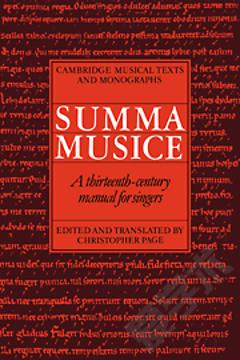
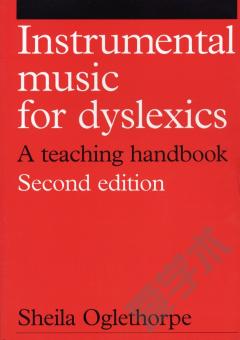
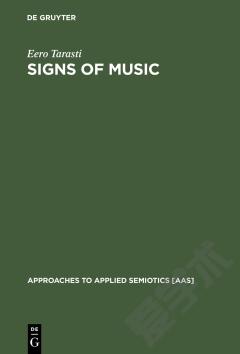
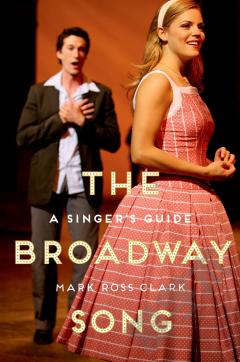


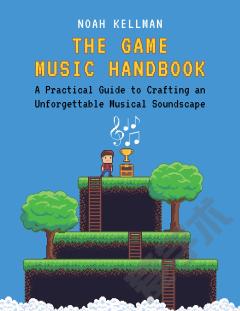

 京公网安备 11010802027623号
京公网安备 11010802027623号